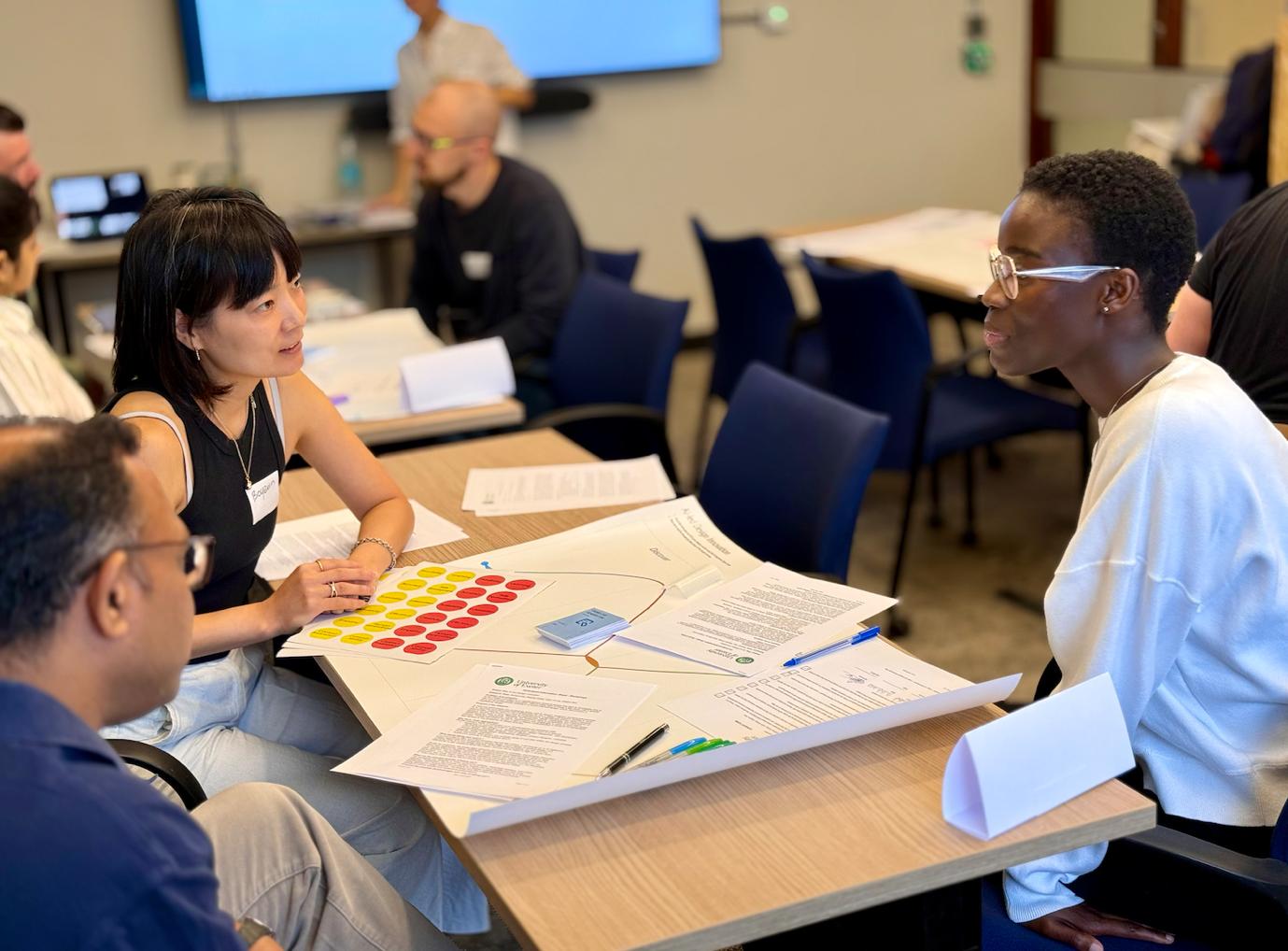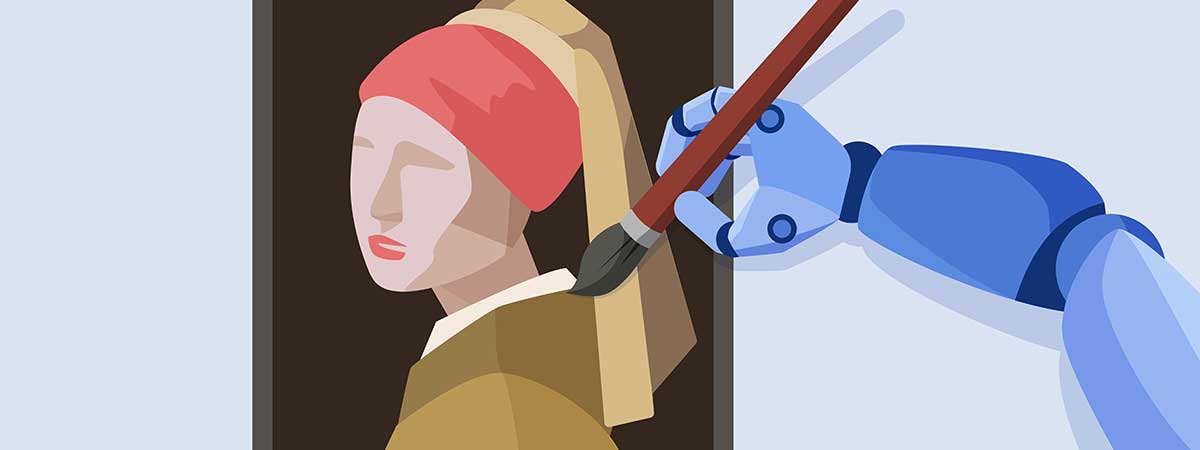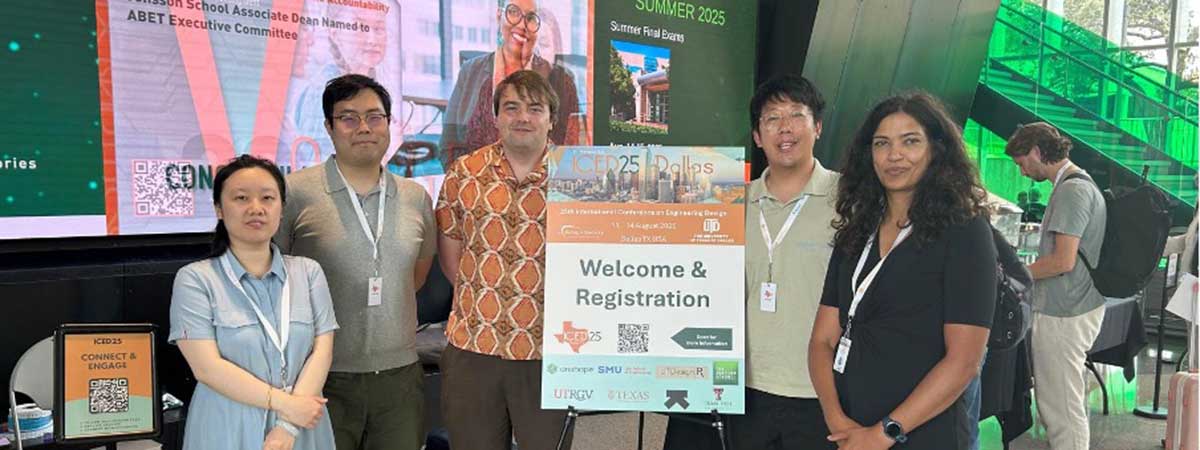A new research network to help transform the UK’s capabilities in digital twinning will be established with £3m of funding secured from UKRI.
The Digital Twinning NetworkPlus (DTNet+) will be led by The Alan Turing Institute, with stakeholders from government, industry and academia including the University of Exeter.
It will encourage new collaboration and innovation across academia, industry and other stakeholders with the goal of filling the gaps in the underpinning research relating to digital twins.
A digital twin is a computational model designed to replicate a physical object or process, ranging from a virtual copy of a single structure such as a bridge, to more complicated infrastructure, such as an entire city.
Digital twins can help offer insights into how an object or process is working, allowing the opportunity to drastically improve functionality. Through a series of activities, Digital Twinning NetworkPlus aims to:
- facilitate the exchange of knowledge and encourage new cross-disciplinary collaborations and innovations for digital twins;
- accelerate the development of the underpinning academic research that is needed to develop robust, resilient and trusted digital twins that can operate at speed and scale;
- help set the UK digital twin agenda via thought leadership activities;
- facilitate explorative cross-disciplinary pilot research projects and feasibility studies that stimulate further funding applications and opportunities relating to digital twins;
- support outreach, skills development and sustainability for digital twin technology.
The award will run for five years and will help develop game-changing breakthroughs that will lead to a new generation of intelligent, resilient, and trusted digital twins.
Co-investigators for the award are based at the University of Exeter, the High Value Manufacturing Catapult (HVMC), Ulster University and the Cambridge Centre for Smart Infrastructure and Construction, with other members of the leadership team based at University of Edinburgh, Rothamsted Research, University of Strathclyde, University of Warwick and Newcastle University.
Saeema Ahmed-Kristensen, Professor of Design Engineering and Innovation at the University of Exeter’s INDEX Initiative for the Digital Economy and Co-Investigator of Digital Twinning NetworkPlus said: “Digital twin technology has been identified by government, professional bodies and industry as a key technology to help address many of the societal challenges we face, but its development has largely been led by industry, with academic research lagging behind.
“DTNet+ is the first dedicated academic-led digital twin network that brings together academic research teams across the entire remit of UKRI with user-led groups. It will address gaps in the underpinning research into digital twins through a consortium that has the breadth and depth to deliver transformative change, increasing access, lowering entry costs and developing interconnectivity.”
Professor Adrian Smith, Institute Director at The Alan Turing Institute, said: “Digital twins are an area of strategic priority for the Turing and this award demonstrates our continued leadership in this area. It aligns with the focus in our strategy to translate research excellence into societal impact across a range of challenges. With the right collaboration opportunities, researchers have the ability to address some of the biggest challenges facing society today.”
Dr Kathryn Magnay, Deputy Director for Cross Council Programmes, EPSRC said: “As the National Institute for AI and Data Science the Turing are perfectly placed to establish and host this network for UKRI. They will bring together stakeholders from across communities to address the multidisciplinary research challenges in digital twinning that need to be solved for these technologies to contribute to economic and societal resilience; reducing our vulnerabilities and helping us respond to and recover from shocks.”





